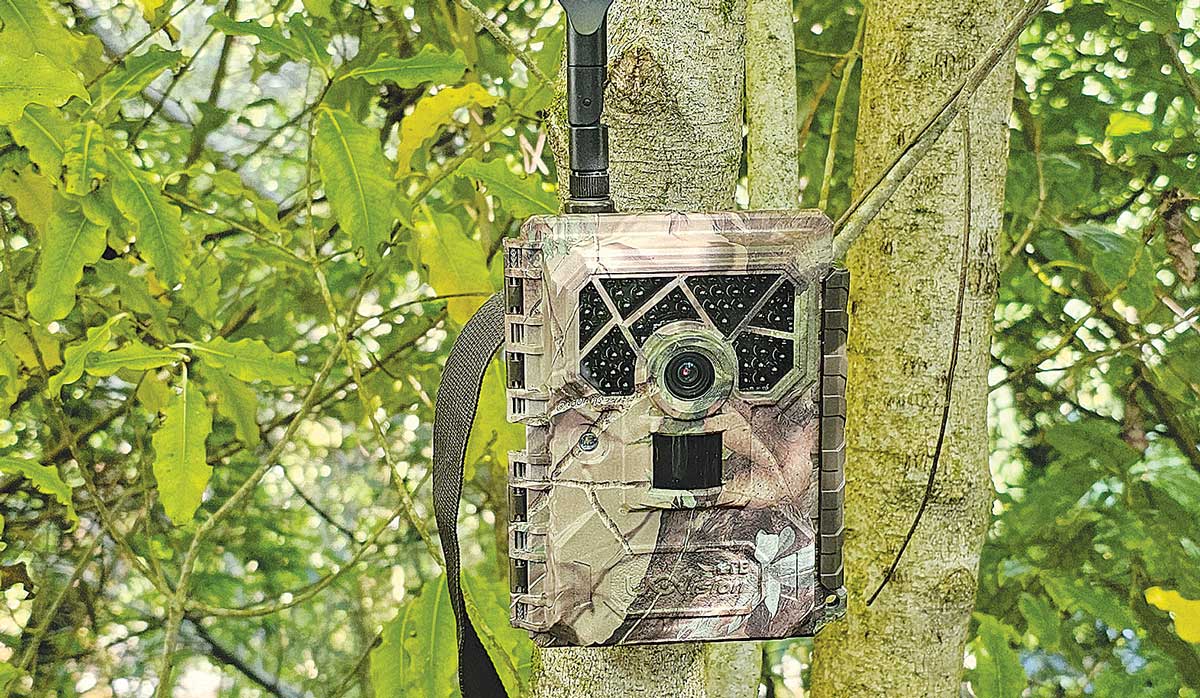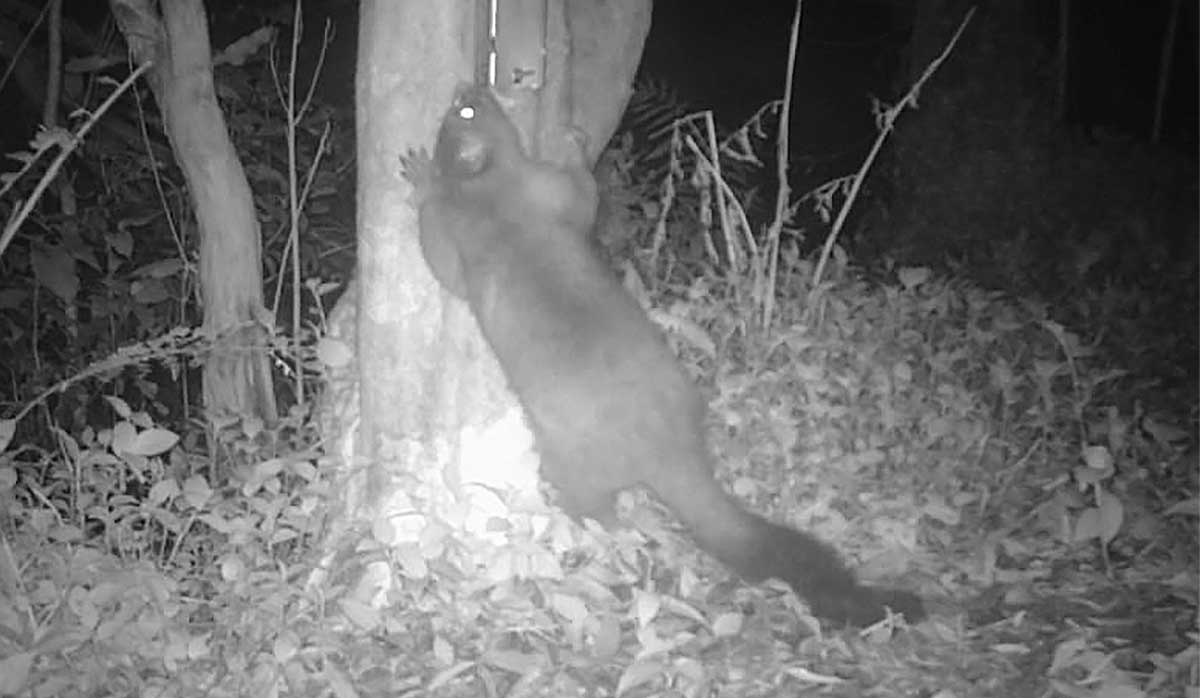Taranaki economy shifts from oil and gas to dairy as leading export
The Taranaki region is enjoying one of the highest gross domestic product (GDP) per capita figures in New Zealand, thanks to high farmgate dairy prices.
Taranaki's Zero Possum project has entered a new phase, featuring a high-tech farmland barrier and a few squirts of mayo.
Taranaki Regional Council’s Towards Predator- Free Taranaki team has been working to eradicate possums between the Timaru Stream and the Stony River since January 2023.
The original farmland area between the Timaru and Oākura River has had no resident possum population for more than three years.
So far, they’ve removed almost 3500 possums from the extension area with only the most wily or lucky left, according to Towards Predator-Free Taranaki programme lead Nick Heslop.
“We are down to chasing individual possums now, there are so few it’s at the point we are starting to name them!”
While that work continues with the aid of cameras, scat detection dogs and targeted trapping, attention has also turned to the design and creation of a 3km barrier stretching across private farmland, south-east of the Kaitake Range.
Self-reporting cameras are installed on trees, pointing at an automatic lure dispenser that squirts a small taster of mayonnaise each evening.
“Mayonnaise is delicious and high in calories, which possums crave in winter. Trials show it’s a highly effective lure,” says Heslop.
The cameras take a photo when movement is detected, with the footage reviewed remotely. The initial goal is to determine how many cameras are needed to detect and then remove possums trying to re-enter the cleared area. The lessons learned will inform future operations both in Taranaki and around the country.
“We want to understand the density and movement of possums and get a clear picture of what is happening at that edge of the zone. We know how to remove those possums and will do it eventually but for now gaining knowledge on how to keep them out is just as important,” says Heslop.
 |
|---|
|
The cameras detect movement and images can be checked remotely. |
“We were the first in New Zealand to attempt possum elimination on farmland at such a large scale (the total area is 9500ha), so sharing what we are learning is important and one of the reasons we receive funding from Predator Free 2050 Ltd.”
Self-setting traps are also being strategically deployed along the barrier.
“The new barrier will in time become our main incursion response tool, with intruder possums tracked and removed, as we are currently doing in the main Zero Possum area.”
Landowners have been supportive, allowing the team to set up cameras and return to track down possums or maintain equipment. Work has slowed recently as farmers focus on calving, but Heslop says the barrier should be complete by the end of the year.
The project is extra special for Zero Possum project lead Cody Luckin, who grew up near Ōkato and still lives within the Zero Possum zone.
 |
|---|
|
A possum attracted to the lure, snapped by a self-reporting camera on the new farmland barrier. |
“I applied for this job because I am from here, I went to school here, my family farms here and I am really passionate about this area.
“I want to see my home possum-free so to be part of what is happening here is really rewarding.”
He says the project’s success so far shows what is possible.
“Maybe one day we could do the whole Taranaki ring plain – from river to river. How cool would that be?”
The World Wide Sires National All Day Breeds Best Youth Camp Best All Rounder plaudit has become family affair, with 2026 Paramount Cup winner Holly Williams following in her sister Zara's footsteps.
DairyNZ is giving New Zealand farmers a unique opportunity to gain hands-on governance and leadership experience within the dairy sector.
Herd improvement company LIC has posted a 5.2% lift in half-year revenue, thanks to increasing demand for genetics.
According to the latest Fresh Produce Trend Report from United Fresh, 2026 will be a year where fruit and vegetables are shaped by cost pressures, rapid digital adoption, and a renewed focus on wellbeing at home.
The Roar is a highlight of the game hunting calendar in New Zealand, with thousands of hunters set to head for the hills to hunt male stags during March and April.
OPINION: The past few weeks have been tough on farms across the North Island: floods and storms have caused damage and disruption to families and businesses.

OPINION: Meanwhile, red blooded Northland politician Matua Shane Jones has provided one of the most telling quotes of the year…
OPINION: This old mutt has been around for a few years now and it seems these ‘once in 100-year’ weather…